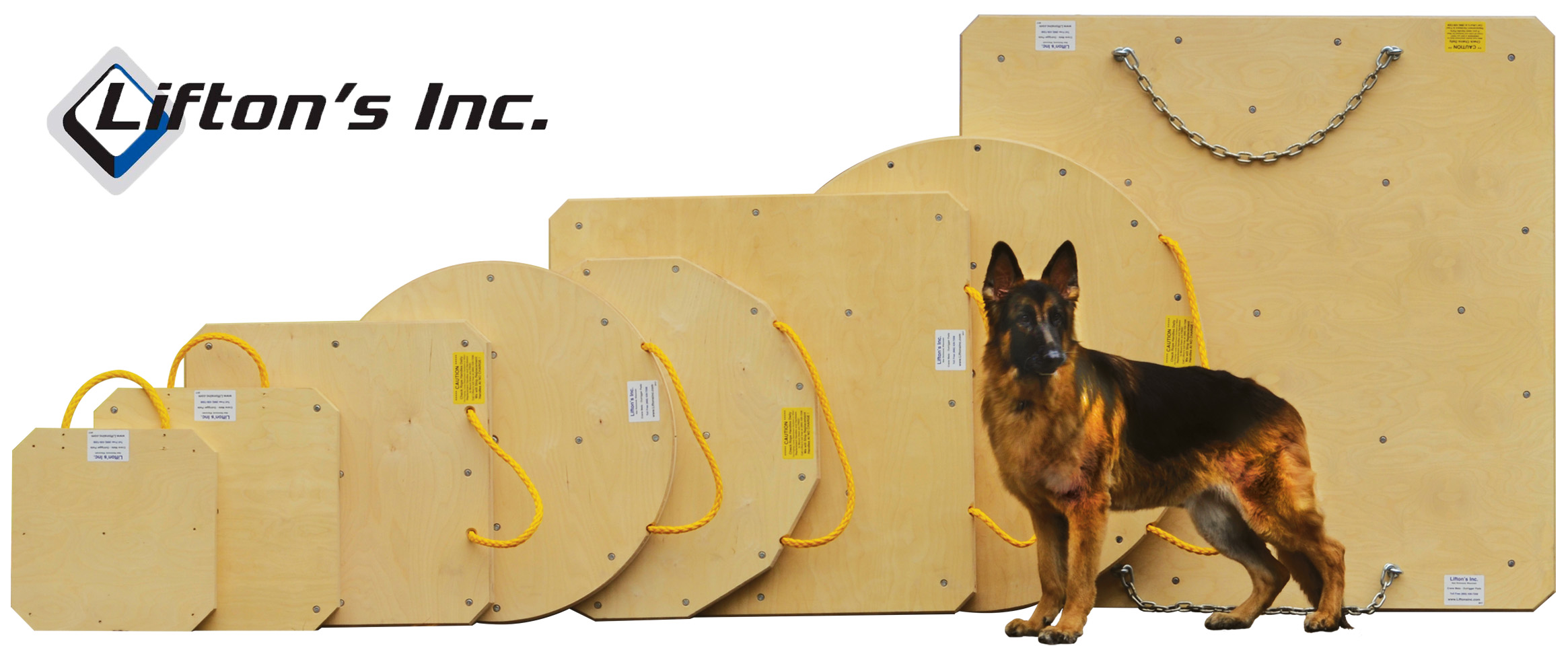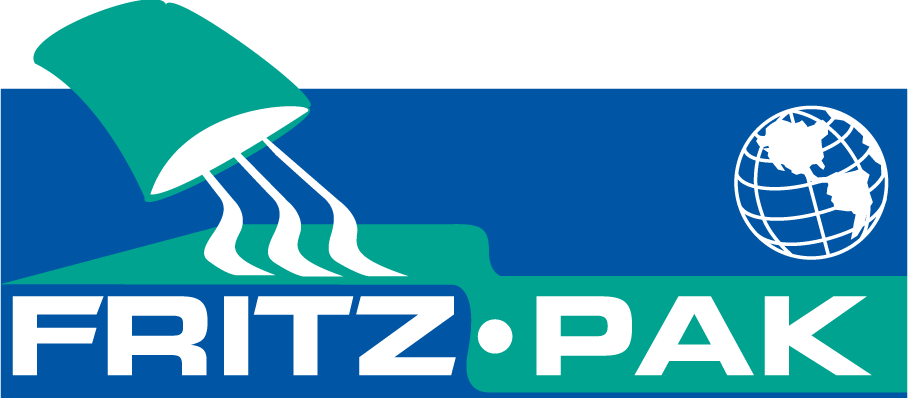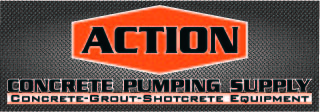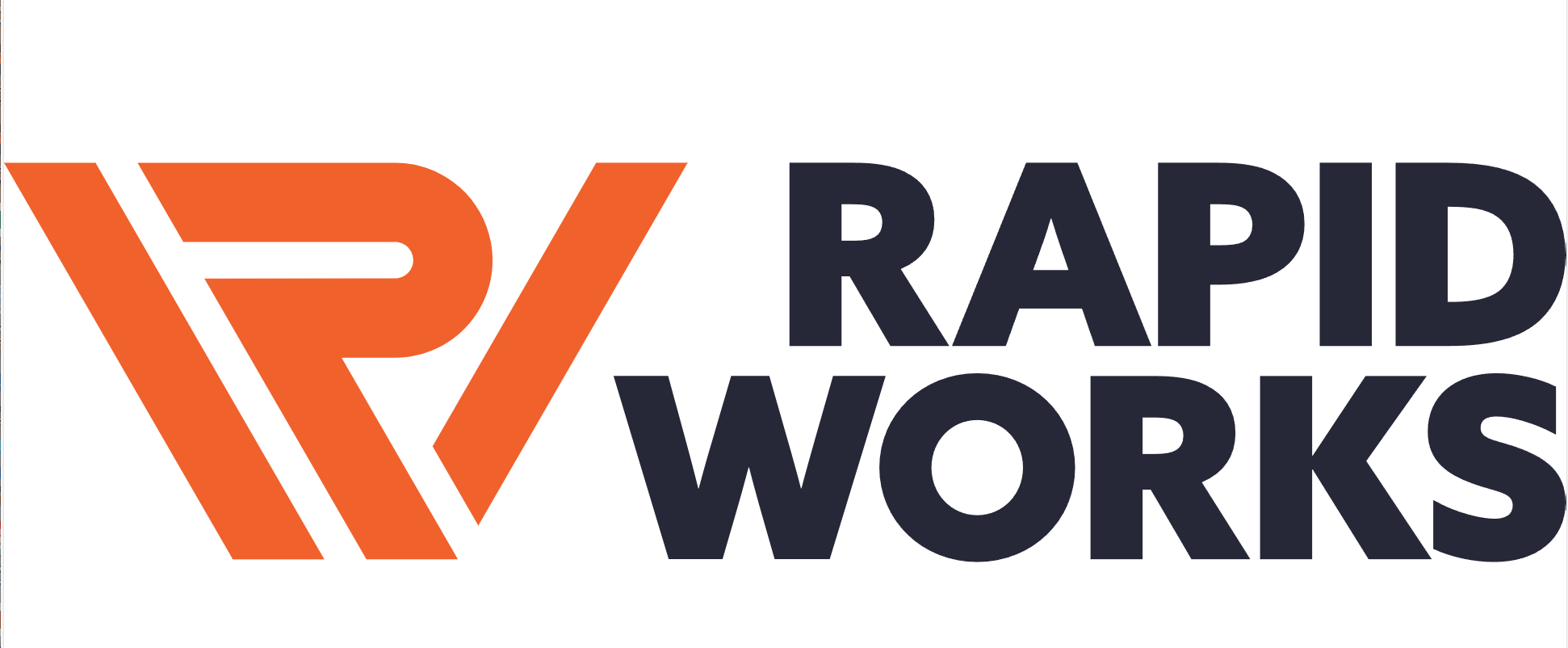| Bob | 01-13-2008 | comment profile send pm notify |
|
IT IS ABOUT TIME WE ACTED OUR AGE By anyone’s calendar the concrete pumping industry is now “old enough to vote”. Most industries have, by this time, developed a gauge or standard by which it judges it’s self. What is wrong with us? There is no functioning apprentice program for the concrete pumping industry in the The time to act is behind us; the time to react is right now. I propose a Standard of Competency and Understanding by which all concrete pump operators be tested before they may operate a concrete pump with out qualified supervision. The days and concept of the old blind leading the new blind has led us into the unenviable situation we are in today. When the insurance industry runs from us and treats us like second class citizens we should get the message: Train better! For those nay sayers that question where the money will come from I say; “Raise your prices to cover the cost of a proper education for your operators.” Think of it as a responsibility tax on your next purchase. If we wish to keep government regulation separate of our internal regulation; it is time to do more than create a safety test to certify an otherwise unqualified, poorly trained individual to operate a concrete pump. I suspect that this letter will be met with disdain by many pump owners. My intent is not to degrade; but to advance the professionalism of the concrete pumping industry in the
It is by this education and training that we concrete pumpers will gain the respect of our insurance carriers as well as our co-workers.
Bob Sanderson |
||
| joey | 01-14-2008 | reply profile send pm notify |
|
MY THOUGHTS EXACTLY BOB! WE HERE AT BB HAVE DONE JUST THAT WITH THE NEW BBCU PROGRAM! IT IS AN EXTENSIVE AND VERY COSTLY PROGRAM BUT THE END RESULTS WILL BE A MUCH MORE EDUCATED AND SAFETY ORIENTATED OPERATOR! IT IS A COMMITMENT ALL PUMPING COMPANIES SHOULD MAKE! HOW CAN YOU PUT A COST ON SAFETY? IN THE END WHAT IS CHEAPER, 3 MONTHS OF EXTENSIVE TRAINING OR A BOOM ON IT'S SIDE WITH POSSIBLE CASUALTIES? WHETHER THINGS ARE BUSY OR SLOW, TRAINING SEEMS TO BE THE FIRST THING THROWN OUT THE WINDOW! I'TS ABOUT TIME WE AS MANAGERS AND OWNERS START TAKING SAFETY SERIOUSLY, AND MAKING IT THE MOST IMPORTANT PART OF OUR DAY! HOW MANY OPERATORS DO WE HAVE OUT THERE THAT KNOW HOW TO GET CONCRETE TO THE END OF THE BOOM OR HOSE BUT CAN'T TELL YOU WHY OR HOW CONCRETE PUMPS? HOW MANY OF OUR OPERATORS CAN TELL YOU IN DETAIL THE SCHEMATICS OF A PUMPS HYDRAULIC SYSTEM? IT'S TIME TO START TAKING THIS INDUSTRY SERIOUS! PUMPS ARE GETTING BIGGER, BOOMS ARE GETTING LONGER AND THE TRUCKS ARE GETTING SMALLER AND LIGHTER, A RECIPE FOR DISASTER IF WE DON'T ALL START FOCUSING MORE ON SAFETY!!! |
||
| pudg | 01-14-2008 | reply profile send pm notify |
|
as an industry we are all responsible.I remember concrete pump operators were known as the best of the best,now most operators are concrete truck drivers with a wireless remote and a 100 ft death stick, not knowing why it does what it does,what makes it do this,if you have a cdl and a heartbeat your allowed to operate a concrete pump.what stupidity,what an investment to put an inexperienced operator on,to neglect,tear up, but thats not the worst,now you have to look at safety,and we feel it every year more and more insurance companies not wanting to cover,can you blame them.YES AS AN INDUSTRY WE NEED A DOCUMENTED APPRENTICE PROGRAM SO MANY CLASS ROOM HOURS AND WOULD HAVE TO LOG SO MANY ON THE JOB HOURS,AND THEN BE EVALUATED BY HIS/HER PIERS BEFORE BEING ABLE TO BE CALLED AN OPERATOR.OR WE CAN JUST KEEP HIRING PULL-DOS AND SEE WERE OUR INDUSTRY ENDS UP,AND FROM WHAT I SEE THATS NOT A GOOD PLACE.ALL MANUFACTURERS SHOULD BE PUSHING THIS,BUT THAT MIGHT SLOW DOWN THERE PRODUCTION,BUT IF WE COULD GET INSURANCE RATES DOWN,COULDNT WE BUY MORE EQUIPMENT. PULL-DO=PULLING JOYSTICK TO SEE WHAT IT WILL DO TO. |
||
| bigaboy | 01-15-2008 | reply profile send pm notify |
|
I agree with you Bob 100%. It seems to me that a lot of the guys attracted to this proffesion these days only see the radio remote part of the job. They niether like or accept the responsability part.I would like to add one more stage to your list Bob. DRUG TEST, there are to many guys that actually do this stuff on the job and get away with it. My thoughts, if you have to iether drink or do drugs at work, you obviously need to be somewhere else. IN REHAB!!! Maybe if we could get Bobs idea put into effect, we might not have these derillects with PDs operating pumps. The educational part of the training will scare them off. |
||
| Bob | 01-15-2008 | reply profile send pm notify |
|
The DOT mandates pre-employment, random, post accident and 'visable cause' drug testing. I don't want to be the drug police or the booze police; I just want educated, knowledegable and qualified human people operating the concrete pumps. |
||
| Bob | 01-17-2008 | reply profile send pm notify |
|
One thing that rings true is that when there is a slowdown in business; safety training is the first thing to go. And really it is more than that; craft training is also put by the wayside when a down turn is upon us. I consider that to be the short sighted approach to real stability within a company. When things are slow you have the time to train. What does it really cost? When an owner decides to purchase a new piece of equipment he doesn’t look at tomorrows schedule; he plans for the future. The smart owner does not start to look for additional help when he sees that an increase will ‘up’ his margin tomorrow. There are risks to being in business and seeing them coming is the sign of a good business man. Looking ahead, to the future, is what success is all about. No, you can not piddle away your money waiting on the good times to show up; but acting today to lower tomorrow’s costs is money in the bank. Safety and craft training is a sure way to lower your cost. Your effort may not pay a dividend for up to three years, but what better time to start than now? When you hear that old saw “Safety Pays” it is true, every single time. Look at where your money goes. How do you plan to reduce that expense? One sure way to cut down on your accounts payable is to lower your insurance cost. We all know that your insurance company will ‘remember’ an accident you had today for the next three years; but how about the accident you do not have tomorrow? They remember that as well. Simple fact: If your employees are not worried about safety because they are paying attention and know the right way to go about their jobs; they will spend more time thinking about production. And, by the way, so will your customer. He has a building to bring in below budget and on time. Let us say that one of your troops goes out to a job without a safety strap and drops a reducer on a finishers head. Even if by some miracle the injured employee does not take you to court there is still a price to be paid. Doctor bill, $2900.00, and human resources people’s time $875.00, Back-charge for the finishing crew while they wait for the ambulance $4800.00, lost productivity on the job while all of the rest of the people talk about “Gee, did you see that!” $9300.00; it goes on and on and on. Wouldn’t it be more cost effective to spend some time and money on training and explain why it is so important to have the preventative measures in place? Wouldn’t your customer be happier thinking about the pour where that did not happen? Reading this, those seem like rhetorical questions, but they are not. Those are questions that you, by your lack of forethought, have answered in the negative. Yes, safety pays. Yes, safety saves. It is like Smokey the Bear says; “Only YOU can prevent jobsite accidents.” Don’t you owe it to yourself to do so? |
||
| Schwing | 01-19-2008 | reply profile send pm notify |
|
I agree totally,the question is how to make it happen and to make it happen for all.
In 1986 I formed the Concrete Pumping Association of Victoria[Australia]
I could see the pumps coming into my workshop and the sad state of repair or rather disrepair.
This was holding back the good operators from commanding the rate they needed to advance in the industry and give the service the industry required.
I was blessed with a strong committee.
Our first task was to approach relevant government and union officials.
Our plan was for Self Regulation of the Concrete Pumping Industry.
This was readily agreed to by all we approached esp since we did it and removed the burden from Government.
So far so good.
There where 2 major problems.
I was totally green in this field although totally committed.
The programme was voluntary and not enforceable.
What did we achieve.
Approx 95%membership[This is the first question you get asked when introducing yourself]
Monthly meetings and newsletters to keep everyone informed as to what was happening,maintenance tips
and incident reports.
We also involved ourselves with concrete that was unpumpable and made good progress in this area.
We formulated a training programme,5 day live in.
It never got off the ground in Victoria,however Queensland did proceed and implement one for a short period of time.
In the second year we introduced inspections on all pumps,line and boom.
These I conducted personally and issued a label[non removable]to be placed on the windscreen.
This label was recognised by the union and the pump was permitted on any site in Victoria.
If a pump arrived on site without this label it was not allowed to work until I came and inspected the machine.
Only one pump had nothing to attend to.
In defense of the owners,most of them simply had no idea and when something was pointed out they immediately responded appropiately.
The inspections where a training programme in itself.
This service was free to our members.
If a pump or boom had a particular problem that was a safety issue I contacted by phone the owners of all those machines to inform them of the situation,and suggested a course of action.
Next year the Association levied a $50.00 fee for the inspections.
This year was to have seen some machines partially stripped for inspection.
The industry enmasse was reluctant to come in.
This placed us in the unenviable position of having given a personal undertaking to the minister and union officials and not being able to deliver.
Eventually we had to write a letter handing the responsibility back to the Government.
It took months of precious time for action to happen and when it did the results where catastrophic for the industry.
In the interim period 3 booms of the same type/size fell down,fortunately no one was injured.
That in itself was an act of God.
Some later incidents where not so fortunate.
There where many other projects that I will not take up space with.
My reason for posting this info to simply say that I believe in self regulation and training,all with the intent of producing a better,safer,well trained and profitable industry.
We do not need outsiders who know nothing about our industry,reading from a book and telling us what to do.
It is one thing to have the will,it is another to make it happen.
I made many mistakes,learnt many lessons.
Suffice to say I would do it all again,only a little differently and hopefully more effectively.
Large companies do this in house or they do not survive.
Small operators are out in the cold unless they are made aware af all that is required of them.
Happy pumping
Rod
ps New South Wales is the only surviving active association in Australia.
This is due to their having appointed an active paid director.
I would like to commend all who contribute to this site for the info you provide and the commitment you have to the concrete pumping industry |
||











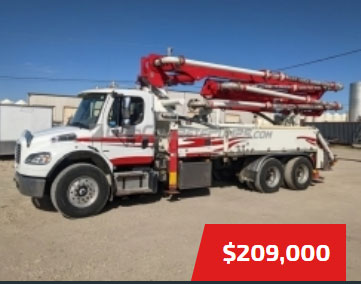

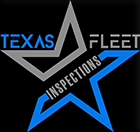


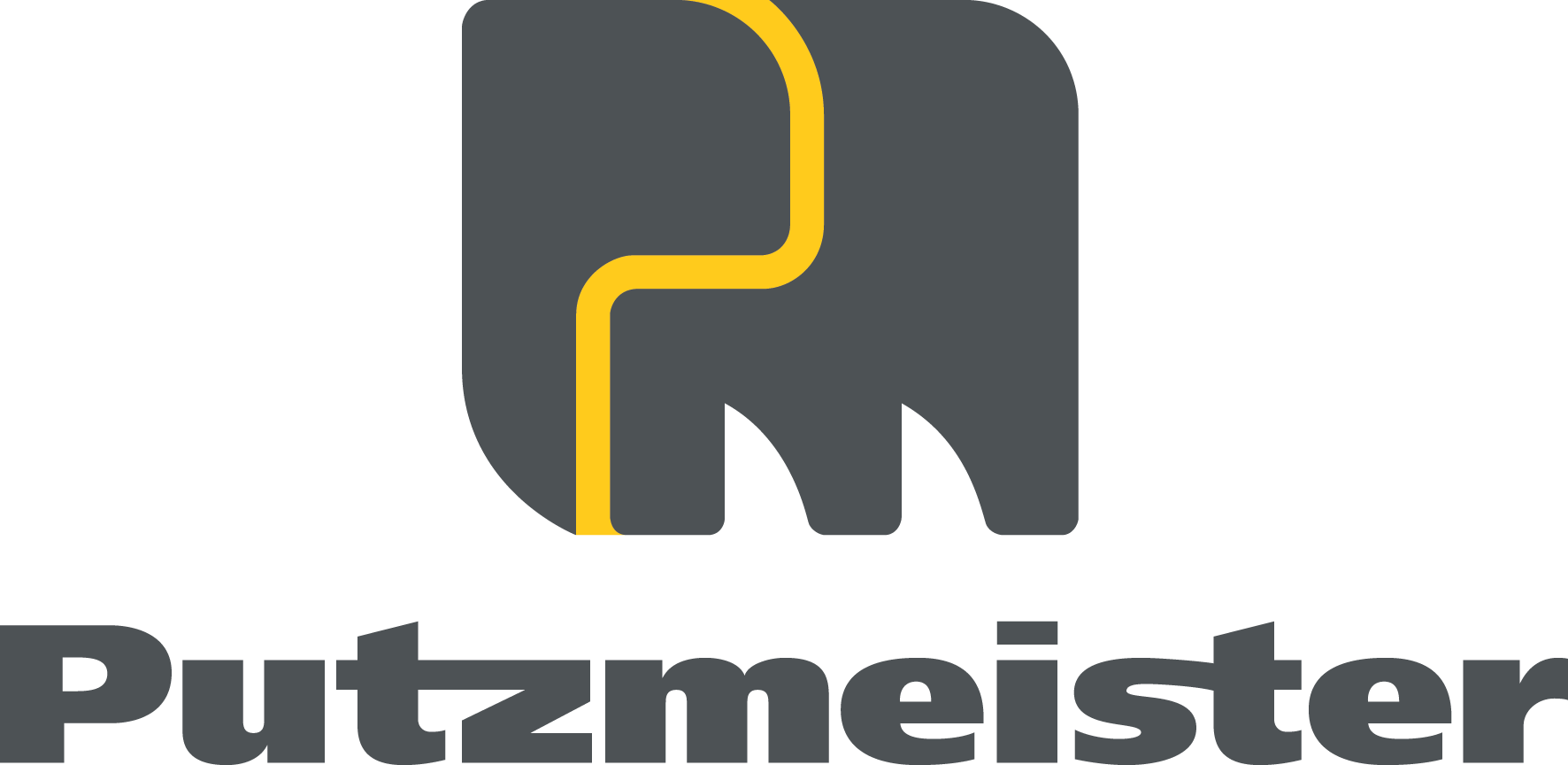



.jpg)
.gif)

.jpg)









.jpg)
